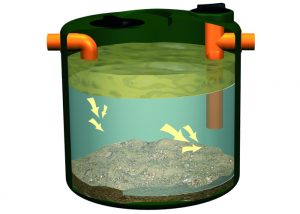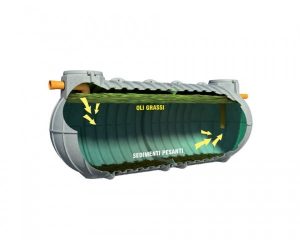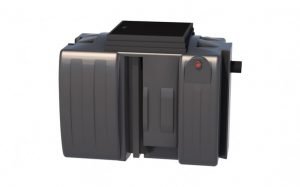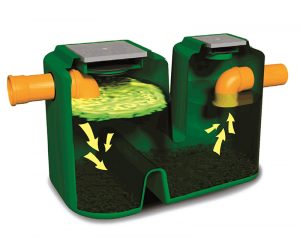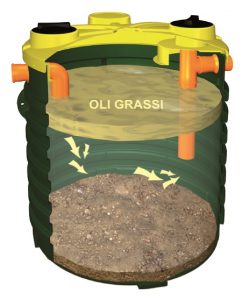![enflow-grease-separator [S] enflow-grease-separator [S]](https://enflow.gr/wp-content/uploads/2020/04/enflow-grease-separator-S.jpg)
Name:
Underground grease separators
Above ground grease separators
Free standing grease separators
Grease traps
General category:
Wastewater treatment
Applications:
Hotels
Restaurants
Supermarket
Catering Businesses
Prepared food production facilities
Rest areas
Canteens
Canning plants
Cooking oil processing units
Butchers' shops
Slaughterhouse facilities
Meat factories
Hospital kitchens
Construction material:
Polyethylene
Stainless steel
Galvanized steel
Reinforced concrete
In situ installation
GRP
Certifications:
EN 1825
Manufacturers:


Underground grease separators
Above ground grease separators
Free standing grease separators
Grease traps
General category:
Wastewater treatment
Applications:
Hotels
Restaurants
Supermarket
Catering Businesses
Prepared food production facilities
Rest areas
Canteens
Canning plants
Cooking oil processing units
Butchers' shops
Slaughterhouse facilities
Meat factories
Hospital kitchens
Construction material:
Polyethylene
Stainless steel
Galvanized steel
Reinforced concrete
In situ installation
GRP
Certifications:
EN 1825
Manufacturers:
Underground - Above ground
Wastewater from various anthropogenic activities has an increased content of fats, grease and oils. The high concentration of FOGs of organic origin can lead to problems in the pipeline network as well as in wastewater treatment plants. Regarding pipelines, in particular, with a drop in temperature, FOGs can solidify and clog or corrode the sewer network while releasing annoying odours. In addition, biological treatments affect proper ventilation resulting in improper treatment of wastewater with subsequent results in hygiene and safety.The most appropriate solution for the collection of fats and grease is the use of a standard grease separation unit according to the standard EN 1825.
The grease separator is a gravitational separation system and takes advantage of the different density of water, fat and grease resulting in the retention of the latter superficially within the unit. Essentially, in a single tank, both the fats, grease and the solid residues that settle to the bottom are separated, while the free water in the middle of the grease collector is directed to the outlet.
· Underground or floor installation systems
· Simple or automatic evacuation systems
· Partial or total rejection systems
Proper installation of the grease separators ensures the good operation of the facilities, the non-clogging and corrosion of the pipes, as well as the protection from the stench in the area. Therefore, when constructing a new building and where the use of a grease separator is required, it is recommended to install it underground, as the collection of fat and grease from an underground separator is usually much easier and faster than from an above ground separator.
The following must be observed during the underground installation:
1) According to DIN EN 1825-2, it is recommended that the length of the piping network is not extended. Thus, temperature drop of the wastewater, which can lead to the deposition of grease inside the pipes and possibly their clogging, is avoided.
2) Wastewater piping should be protected from frost. An auxiliary heating system should be installed where needed.
3) The flow from the pipes to the grease collector should be sufficient (at least 2%), according to EN 1825, while 90o angles should be avoided.
